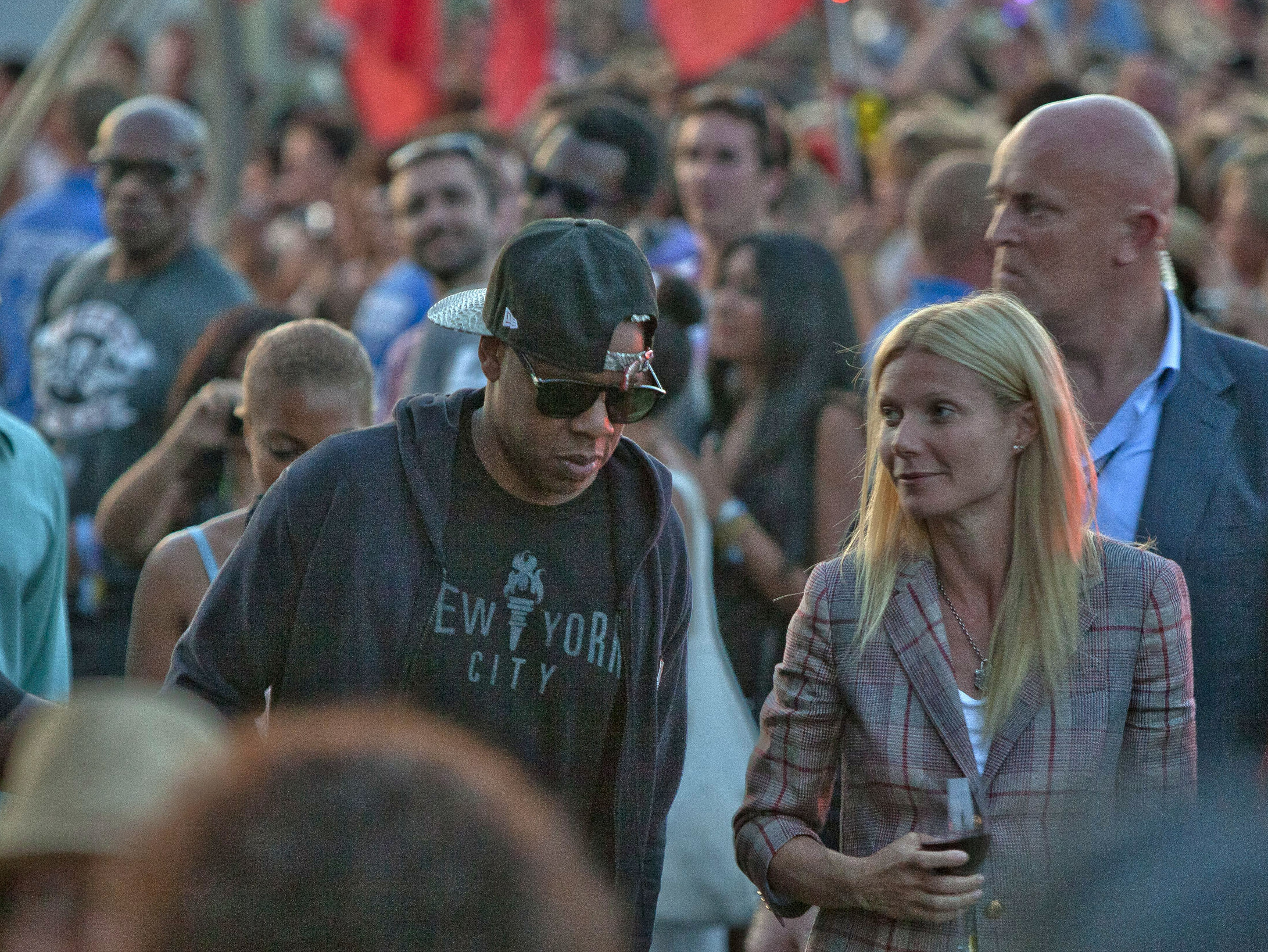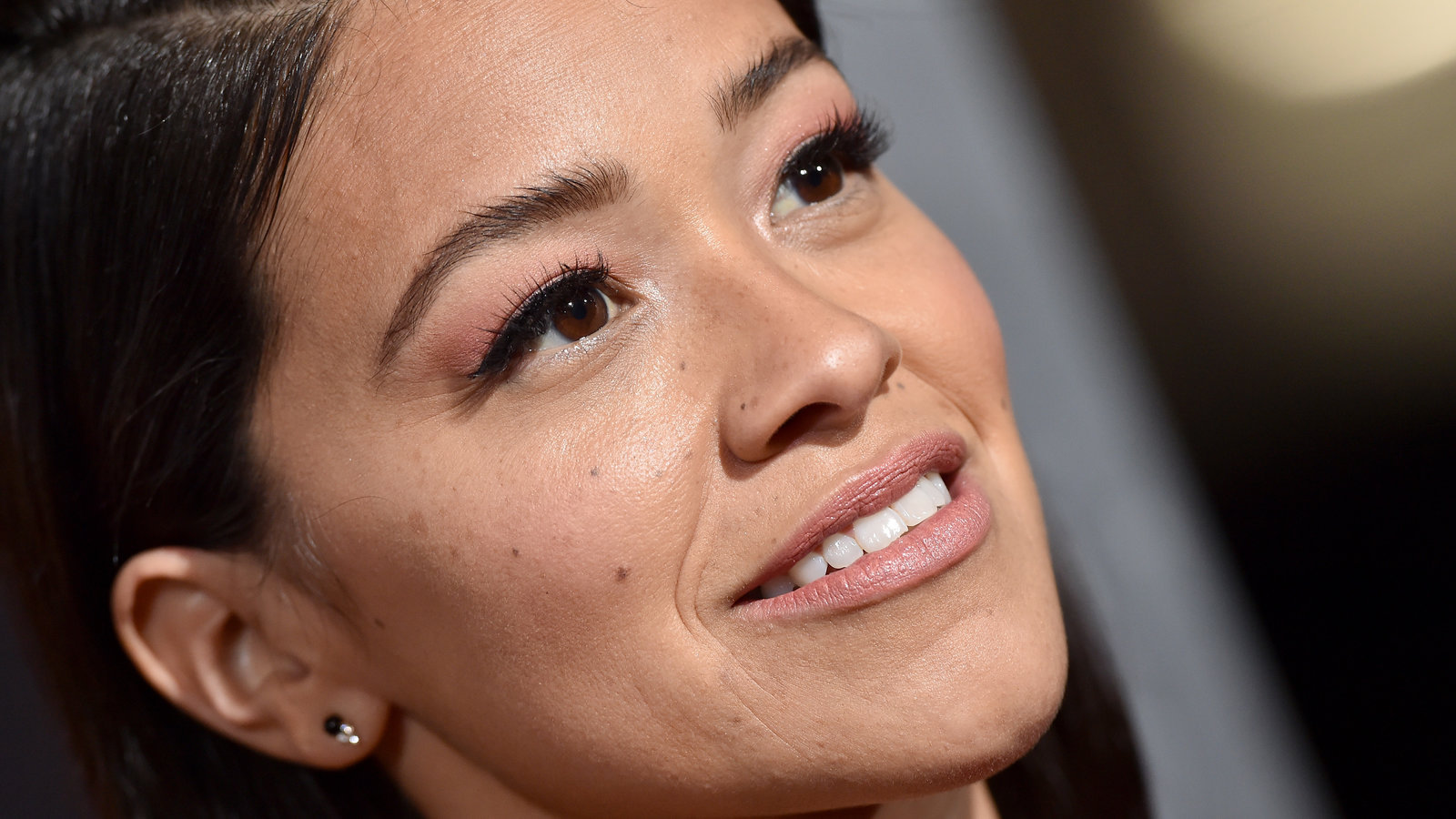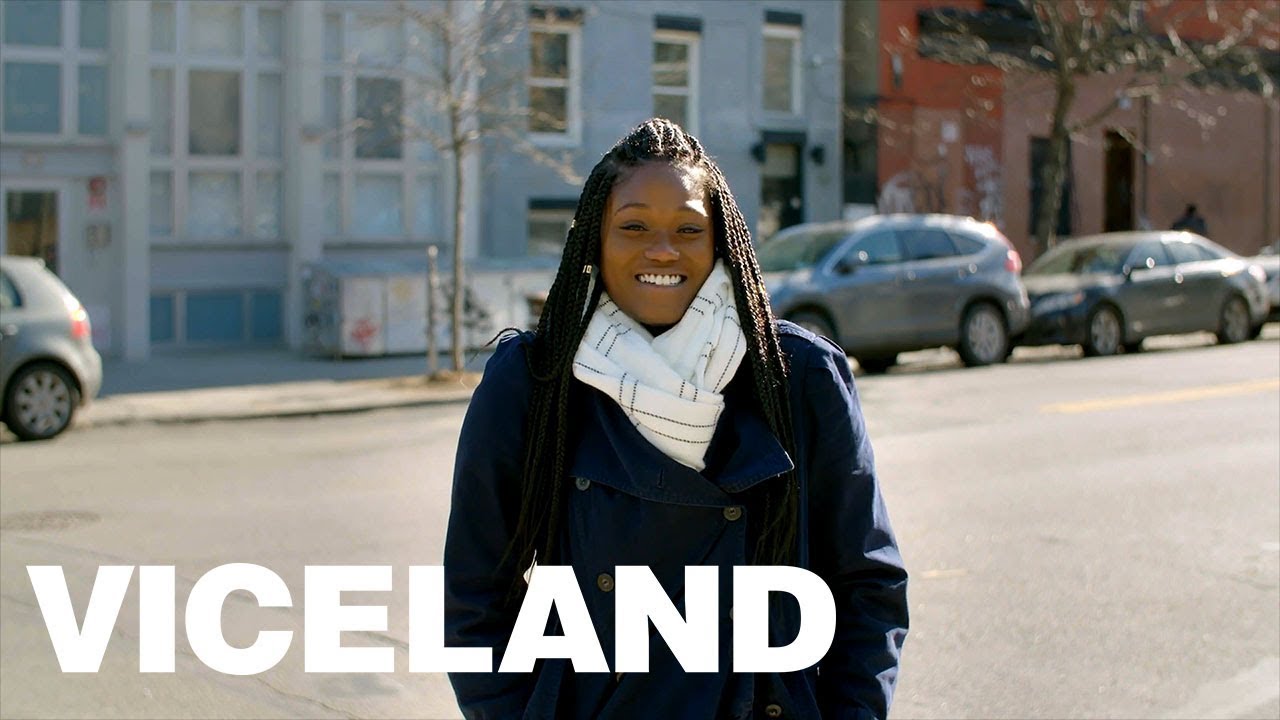Alright, so I was scrolling online the other day, you know how it is, and this whole thing popped up again: who can say what, especially certain words. And it got me thinking, specifically about this question – can Brazilians say the n-word? It’s a hot one, and honestly, it’s not something you can just give a quick yes or no to.

My Own Digging on This
So, I decided to really look into it, just for my own understanding. Not like, academic research, but more like listening, reading what people were saying, especially Brazilians themselves. I’ve got a few Brazilian acquaintances, and I’ve read a lot of discussions, forums, social media threads, the whole nine yards, just to get a feel for the different vibes out there.
And man, it’s a tangled web. First off, Brazil’s history with slavery was absolutely brutal. We’re talking millions of Africans forcibly brought over, and the legacy of that is still massive. You can’t talk about race in Brazil without understanding that foundation. It’s deep, and it’s painful.
Then you’ve got the whole racial landscape in Brazil. It’s incredibly mixed, probably one of the most mixed places on earth. You’ve got people who identify as Black (preto), Brown (pardo), White (branco), Indigenous, Asian, all sorts. And because of this mixing, some folks argue that the way race and racial terms are used is different, more fluid, maybe.
What I Found Out
From what I gathered, there are some arguments that certain terms, which might be seen as equivalents or derivatives of the n-word in Portuguese, have been used in different contexts within Brazil. Some might say it’s used within communities, maybe even in ways they feel are reclaimed or not carrying the same charge as it does in, say, the United States. I saw people saying context is everything, intent is everything.
But here’s the big kicker: A whole lot of other Brazilians, especially Black Brazilians and anti-racist activists, are pushing back hard against that. They’re saying, hold on a minute. That word, in any of its forms, is tied to slavery, to dehumanization, to immense suffering. And with the internet and global culture, the specific power and pain of the American n-word is understood worldwide, including in Brazil.

They point out that racism and colorism are rampant in Brazil. It’s not some post-racial paradise just because it’s mixed. Far from it. So, for many, any use of the n-word or its local variations by non-Black people, or even by Black people in ways that aren’t clearly and carefully reclaimed within very specific, safe contexts, is just perpetuating that racist legacy. They’re saying the harm it causes, the history it evokes, is just too much. It’s a reminder of oppression, and it doesn’t matter if the person saying it “means well” or thinks it’s different there.
- The historical trauma is undeniable.
- Global understanding of the n-word’s toxicity is widespread.
- Many Black Brazilians are vocally against its use, period.
- Racism in Brazil is a huge, ongoing issue.
Why I Get So Caught Up in These Kinds of Details
This whole business of words, their power, and who gets to use them, it throws me back to something that happened to me a good while ago. It wasn’t about this specific word, but it taught me a lesson I’ve never forgotten about language and impact.
I was working on a project with an international team. We had this internal nickname for a particularly frustrating client, nothing too wild, we thought. Just a silly name we’d use amongst ourselves in our little office bubble to let off steam. We thought it was harmless, just a bit of a laugh, really. One day, a new team member joined us from our partner company overseas, a really sharp guy, but quiet. He was in on a few of our team calls when this nickname was used.
Well, turns out that in his country, a word very similar to our nickname was a pretty nasty slur, something really offensive with a specific local connotation we knew absolutely nothing about. He didn’t say anything at first, just got more and more withdrawn. We just thought he was shy or struggling to fit in. It took a couple of awkward weeks and a very uncomfortable conversation, initiated by his manager who’d noticed he was upset, for the penny to drop. Man, we felt like absolute idiots. Mortified, actually. Our “harmless” joke had been making this guy feel awful, targeted even, for weeks. We had zero bad intentions, but the impact was undeniable and pretty damaging to our working relationship initially.
We apologized like crazy, of course, and stopped using it immediately. But it really hammered home to me that your intent doesn’t mean squat if the impact on the other person is negative. You can’t just assume everyone shares your understanding or your context. Especially with loaded language, you gotta be so careful. It made me realize how important it is to listen, properly listen, to how other people experience your words, especially if they’re coming from a different background or have different sensitivities you might not even be aware of.

So, Back to the Question…
So, when I think about “can Brazilians say the n-word?” after all that listening and considering what happened to me with that nickname foul-up, it’s not really about a simple “can” or “can’t.” It’s more about understanding the sheer weight of that word. The history it carries, not just in one country, but globally. The pain it represents, especially for Black people everywhere, including the millions in Brazil.
And it seems like the overwhelming voice, especially from Black Brazilians who are leading these conversations, is increasingly: “Why would you even want to, if you truly understand what it stands for?” The potential for causing harm, for dredging up trauma, is just too high for many. It feels like the focus is shifting to empathy, to understanding the impact, and to just choosing words that don’t carry that kind of destructive baggage. It’s about listening, really listening, to the folks who are most affected. That seems to be the most important part of figuring this stuff out.
